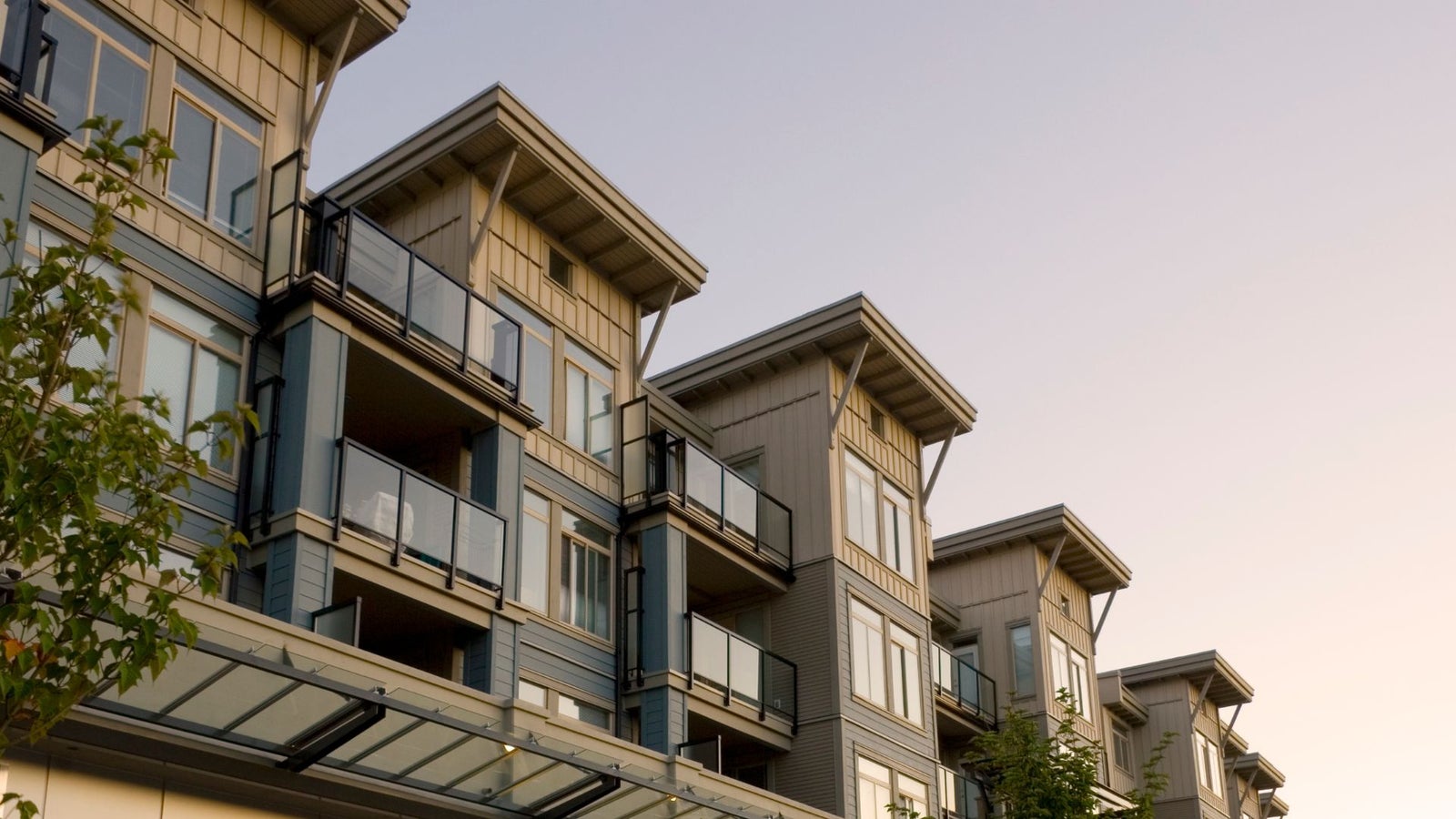
When purchasing a home, the neighbourhood you choose is just as impactful as the property itself. From lifestyle and community to long-term happiness with your purchase, the right area can make all the difference. Whether it’s your first home or a move to a new area, understanding specific aspects of a neighbourhood can offer valuable insight into what daily life there might feel like. Here are key considerations to keep in mind when exploring prospective neighbourhoods.
1. Are There Future Development Plans?
Neighbourhoods evolve over time, and knowing about potential future developments can greatly influence your quality of life and your property's resale value. Are there plans for new commercial zones, public transportation expansions, or road infrastructure? While a new shopping center may bring convenience, it can also mean increased traffic. Alternatively, public transit upgrades can enhance accessibility and improve property values. Check with local city planning offices or consult real estate experts who are familiar with the area’s growth outlook.2. How Convenient Are Essential Amenities?
Proximity to essential services can be a huge factor in daily convenience. How accessible are grocery stores, medical facilities, schools, parks, and transit options? Being close to necessities can simplify life, but being too close could mean added noise or crowded spaces. In cities like North Vancouver, access to nature is a strong appeal, yet balancing that with practical needs is important. For example, outdoor enthusiasts might prioritize nearby trails, while busy professionals may value quick access to transit and main roads.3. What’s the Crime Situation?
Safety is high on the list for most homebuyers, but it’s worth looking beyond the statistics. Understanding the nature of any local crimes is crucial; some areas might have lower crime rates overall but experience specific issues like property theft. You can talk with local law enforcement or check community apps like Nextdoor to get a sense of residents' perspectives on safety. Visiting at different times of day can also reveal more about the area's feel and security, as neighbourhoods can differ from daytime to nighttime.4. How Are the Local Schools Rated?
For buyers with children—or those considering resale value—local school quality is key. High-performing schools often attract buyers, bolstering property values and community appeal. Research nearby schools for academic rankings, extracurricular programs, and community involvement. A neighbourhood with reputable schools can signal a family-friendly environment that’s likely to maintain its desirability over time, making it a sound investment for the future.5. Is the Commute Manageable?
For many, commute time is a deal-breaker. Consider the neighbourhood’s proximity to major highways, public transportation, and typical traffic patterns. What’s the commute like to work or other key destinations during peak hours? A charming neighbourhood may lose its appeal if a lengthy commute affects your quality of life. Additionally, be mindful of potential changes in traffic flow if new developments or transit routes are planned nearby. Trying the commute at various times can give a more realistic sense of travel time.6. What’s the Community Feel?
Each neighborhood has its own vibe, shaped by its residents and local offerings. Does the area cater more to families, young professionals, or a mix of both? Are there community spaces like coffee shops, parks, or events that encourage social interaction? Joining local online groups or forums can provide insights from current residents and help you determine if the community aligns with your lifestyle preferences.7. How Quiet Is the Area?
Noise levels can impact daily comfort and enjoyment of your home. Consider the neighborhood’s proximity to highways, airports, nightlife, or other potential noise sources. Visiting at different times, especially during busy periods like rush hours, can reveal noise factors that aren’t obvious on a quick weekend visit. A peaceful environment on a Sunday might differ significantly from a bustling weekday scene.8. What’s the Community Spirit Like?
Some people appreciate neighborhoods with strong community ties, while others might prefer a more independent atmosphere. Ask yourself what kind of community you envision living in. Are there neighborhood associations, social gatherings, or shared spaces that foster engagement? Areas with active residents who work together on issues and upkeep often hold their value and appeal better over time.9. What’s the Environmental Landscape?
In places like North Vancouver, proximity to nature is a bonus but also comes with environmental considerations. How susceptible is the area to natural occurrences like flooding or landslides? While mountain views or waterfront access may be enticing, it’s wise to understand any associated risks. Additionally, factors like drainage, snow removal, and eco-friendly initiatives could influence your decision, ensuring you’re prepared for the realities of living there.10. What’s the Real Estate Market Trend?
Finally, researching market trends in the neighbourhood can indicate its potential as an investment. Are property values increasing, or is the market relatively stagnant? Real estate professionals can share historical data and provide insights into market dynamics. A neighbourhood where homes sell quickly might indicate high demand, whereas slower sales could signal underlying issues to explore further.Choosing a neighbourhood goes beyond a simple preference—it’s about finding a place that aligns with both your immediate needs and long-term lifestyle goals. Asking thoughtful questions and delving into an area’s future plans, amenities, and community atmosphere can help you make a more informed, confident choice. In a diverse area like North Vancouver, each neighbourhood has its unique qualities, and understanding them can make a significant difference in the enjoyment and security of your investment.